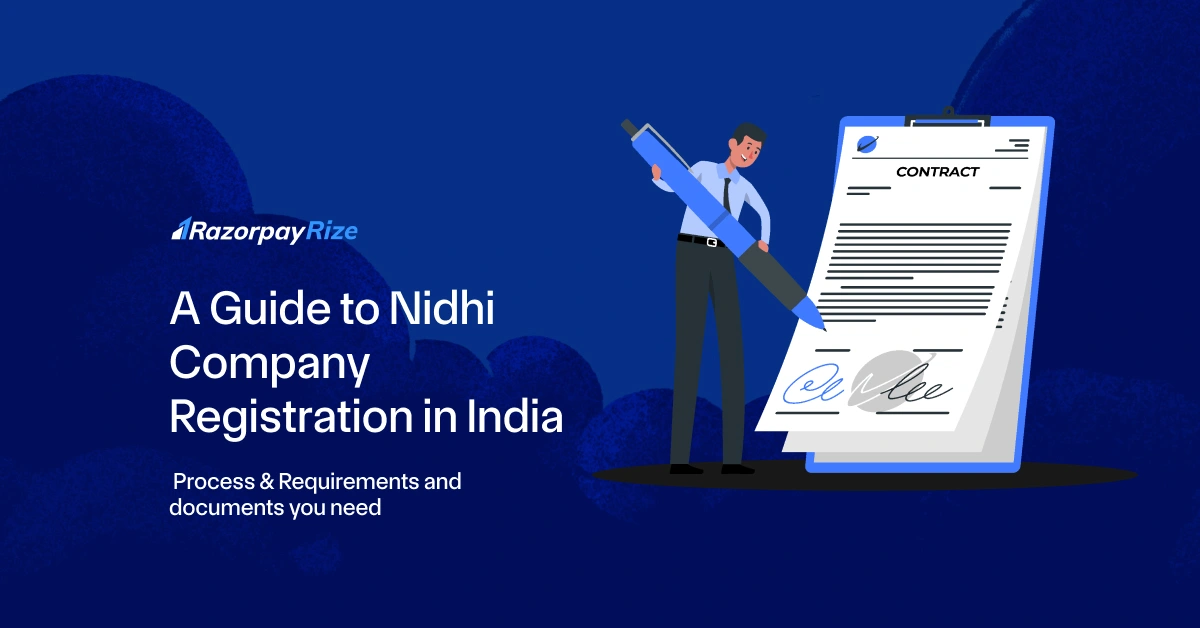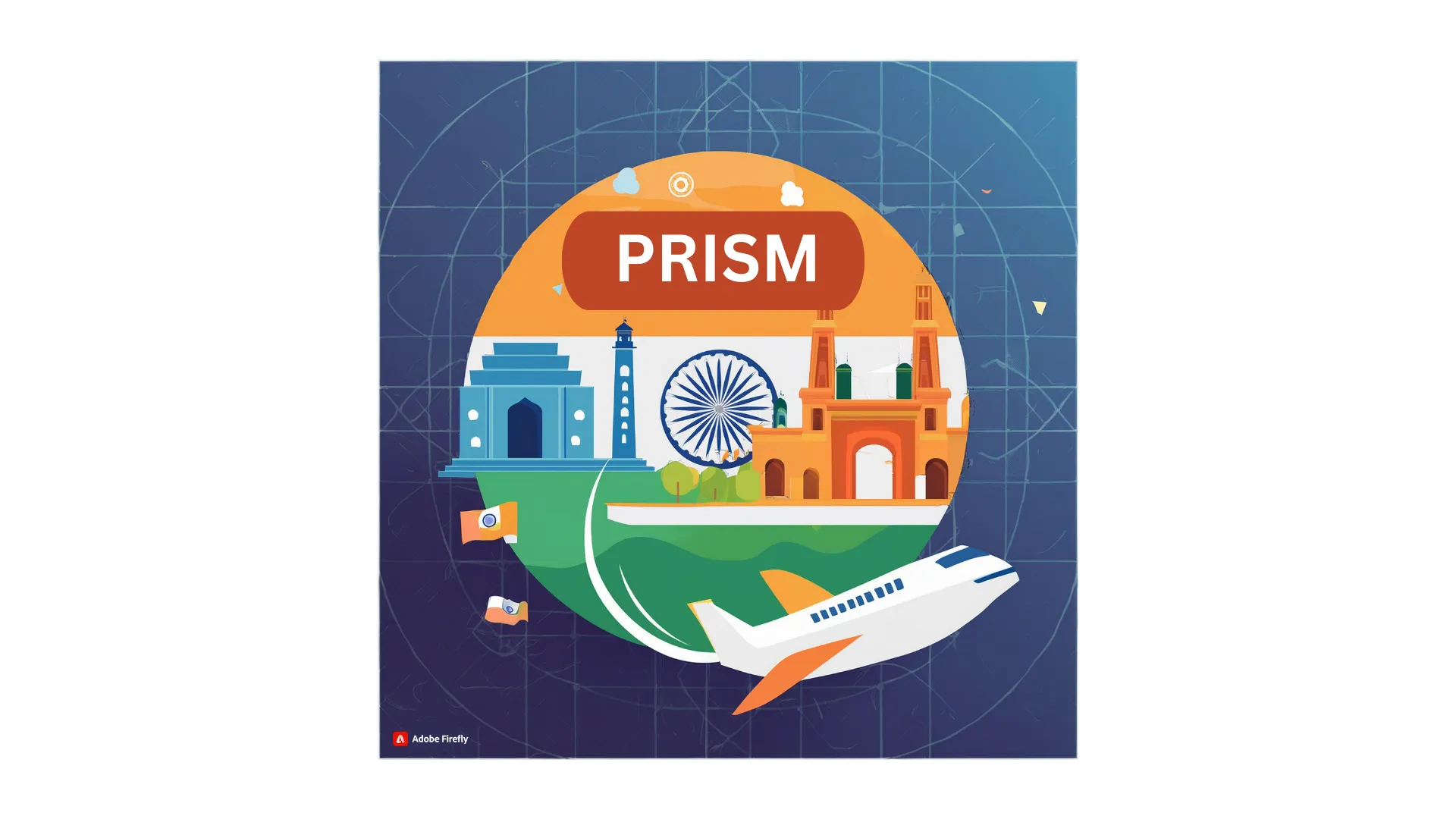A partnership is a formal arrangement where two or more parties come together to manage and operate a business. Partnerships are a common way for individuals and entities to pool resources, expertise, and efforts to achieve shared goals. They can take various forms, such as general and limited liability partnerships, each with unique characteristics.
Unlike running a business alone, a partnership fosters teamwork, shared decision-making, and mutual responsibility. In a partnership, profits, liabilities, and operational responsibilities are typically shared among partners according to the terms of a partnership agreement. It’s a model built on trust and cooperation, making it a popular choice for startups and growing businesses.
In this blog, we’ll explore partnerships, their key features, and why they’re an attractive option for many entrepreneurs looking to build something together.
Table of Contents
Features of Partnerships
Partnerships are defined by several key features:
- Shared Responsibilities: Partners collaborate on business operations, contributing their expertise, resources, and capital to achieve mutual goals.
- Shared Resources: Partnerships allow the pooling of financial and intellectual resources, enhancing operational efficiency.
- Shared Goals: Partners align on strategic objectives to grow the business and share in its success.
- Flexibility: Partnerships can be structured to suit specific needs, from informal agreements to formal legal contracts.
- Decision-Making Process: Decision-making is often a collective process, emphasising the importance of trust and mutual understanding among partners.
- Legal Agreements: While partnerships can be informal, formal agreements provide clarity on roles, profit-sharing, and conflict resolution.
- Dissolution: Partnerships can be dissolved legally if required, often guided by the terms of the agreement or applicable laws.
Make your partnership registration process seamless and fully compliant with Razorpay Rize.
Types of Partnerships
There are various types of partnerships, each serving different purposes and offering distinct advantages. For-profit partnerships generally fall into three main categories:
1. General Partnership
In a general partnership, all partners share equal responsibility for the business’s liabilities and profits. Each partner is personally liable for the business’s debts, making it crucial to draft a partnership agreement that outlines profit-sharing, roles, and responsibilities.
For example, two entrepreneurs starting a retail business together would likely form a general partnership.
2. Limited Partnership
Limited partnerships (LPs) feature both general partners and limited (or silent) partners. General partners manage the business and assume entire liability, while limited partners contribute capital and enjoy liability protection up to the amount they invest.
An example might be a real estate development project funded by silent investors.
3. Limited Liability Partnership
Limited liability partnerships (LLPs) protect partners’ personal assets by limiting liability for business debts. LLPs are particularly common in professions like law and accounting, where personal liability is a significant concern.
For example, in a law firm LLP, equity partners own a share of the business, while salaried partners do not hold ownership but receive bonuses tied to performance.
{{llp-cta}}
What is the Partnership Act 1932?
The Partnership Act of 1932 is a legal framework governing partnerships in India. Key provisions include:
- Definition and Formation: Outlining what constitutes a partnership and the requirements for its formation.
- Rights and Duties: Defining the rights, responsibilities, and liabilities of partners.
- Partnership Agreements: Emphasising the importance of clear agreements to avoid disputes.
- Dissolution: Providing guidelines for legally dissolving a partnership.
The Act ensures transparency and fairness in business partnerships, making it a crucial reference for anyone entering into such arrangements.
Advantages and Disadvantages of Partnerships
Advantages
- Easy to establish and operate
- Shared financial and intellectual resources
- Tax benefits, such as pass-through taxation
- Flexible business structure
Disadvantages
- Unlimited liability for general partners
- Potential for conflicts among partners
- Limited lifespan unless explicitly agreed otherwise
- Shared profits
How to Form a Partnership?
Below are the steps for the partnership registration process:
- Draft a Partnership Agreement: Clearly outline roles, profit-sharing, and dispute-resolution mechanisms.
- Register the Partnership: Depending on the jurisdiction, registration may be required.
- Obtain Necessary Licenses and Permits: Ensure compliance with local regulations.
- Set Up Operations: Establish the business’s infrastructure and processes.
Looking to register Partnership Firm? Get started today with Razorpay Rize.
Partnerships vs. Companies
Choosing the right business structure is one of the most critical decisions for any entrepreneur. While partnerships and companies are both popular choices, they differ significantly in terms of ownership, liability, management, and regulatory requirements.
Each structure has its own advantages and challenges, making it essential to understand which one aligns best with your business goals.
Partnerships are generally more flexible but come with higher personal risk, whereas companies provide greater liability protection but involve more regulatory requirements.
Related Read: Private Limited Company Vs. Limited Liability Partnerships (LLP)
Frequently Asked Questions
Private Limited Company
(Pvt. Ltd.)
- Service-based businesses
- Businesses looking to issue shares
- Businesses seeking investment through equity-based funding
Limited Liability Partnership
(LLP)
- Professional services
- Firms seeking any capital contribution from Partners
- Firms sharing resources with limited liability
One Person Company
(OPC)
- Freelancers, Small-scale businesses
- Businesses looking for minimal compliance
- Businesses looking for single-ownership
Private Limited Company
(Pvt. Ltd.)
- Service-based businesses
- Businesses looking to issue shares
- Businesses seeking investment through equity-based funding
One Person Company
(OPC)
- Freelancers, Small-scale businesses
- Businesses looking for minimal compliance
- Businesses looking for single-ownership
Private Limited Company
(Pvt. Ltd.)
- Service-based businesses
- Businesses looking to issue shares
- Businesses seeking investment through equity-based funding
Limited Liability Partnership
(LLP)
- Professional services
- Firms seeking any capital contribution from Partners
- Firms sharing resources with limited liability
Frequently Asked Questions
How Does a Partnership Differ From Other Forms of Business Organisation?
A partnership differs from other business structures like sole proprietorships, limited liability companies (LLCs), and corporations primarily in ownership, liability, and decision-making.
What Is a Limited Partnership vs. a Limited Liability Partnership?
A Limited Partnership (LP) and a Limited Liability Partnership (LLP) are two distinct types of partnerships:
- Limited Partnership (LP):
- Composed of general partners who manage the business and have unlimited liability and limited partners who contribute capital but have liability only up to their investment.
- Common in investment ventures where limited partners provide funds, and general partners manage the operations.
- Limited Liability Partnership (LLP):
- All partners have limited liability, protecting them from personal responsibility for the business’s debts.
- Ideal for professional businesses like law firms or accounting firms, where partners share management duties but seek protection from personal liabilities.
Do Partnerships Pay Taxes?
Partnerships themselves do not pay income taxes. Instead, they are considered pass-through entities, meaning that the partnership’s profits and losses are passed through to individual partners.
Each partner reports their share of the partnership’s income on their personal tax return, where they are taxed based on their portion of the profit.
What Types of Businesses Are Best suited for Partnerships?
Partnerships are well-suited for businesses that benefit from shared expertise and resources. Some ideal types include:
- Professional Services: Law firms, accounting firms, and medical practices, where partners bring specialised skills.
- Family Businesses: Small family-owned businesses where partners are trusted to work together.
- Creative Industries: Advertising agencies, design firms, or production companies that require collaborative efforts.
- Startups: Early-stage businesses that need multiple people to contribute capital, ideas, and effort but do not want the complexity of a corporation.
What is a partnership, and how does it work?
A partnership is a business arrangement where two or more individuals share ownership and management responsibilities, pooling resources to run the business. The partners agree on how profits, losses, and responsibilities will be shared, typically outlined in a partnership agreement.
The partnership can be structured in various ways, such as general partnerships or limited partnerships, depending on the desired level of liability and control.
What are the different types of partnership working?
There are several types of partnership structures based on liability and management involvement:
- General Partnership
- Limited Partnership (LP)
- Limited Liability Partnership (LLP)
- Joint Venture
Who is a secret partner?
A secret partner is a business partner who contributes capital and shares in the profits and losses but does not take part in the day-to-day management or operations of the business. Unlike a dormant or silent partner, a secret partner’s identity is not disclosed to the public or clients but is still legally bound by the partnership’s obligations and liabilities.
How many types of partners are there?
In a partnership, there are four main types of partners:
- Active Partner: Actively participates in the management of the business and shares in both profits and liabilities.
- Sleeping (or Dormant) Partner: Invests capital but does not participate in day-to-day management; however, they share in profits and losses.
- Secret Partner: A partner whose identity is kept hidden from the public but participates in the partnership’s activities and shares in profits and liabilities.
- Limited Partner: A partner who contributes capital but has limited liability, meaning they are only liable up to the amount they have invested in the business.







%20to%20LLP%20in%20India.webp)









